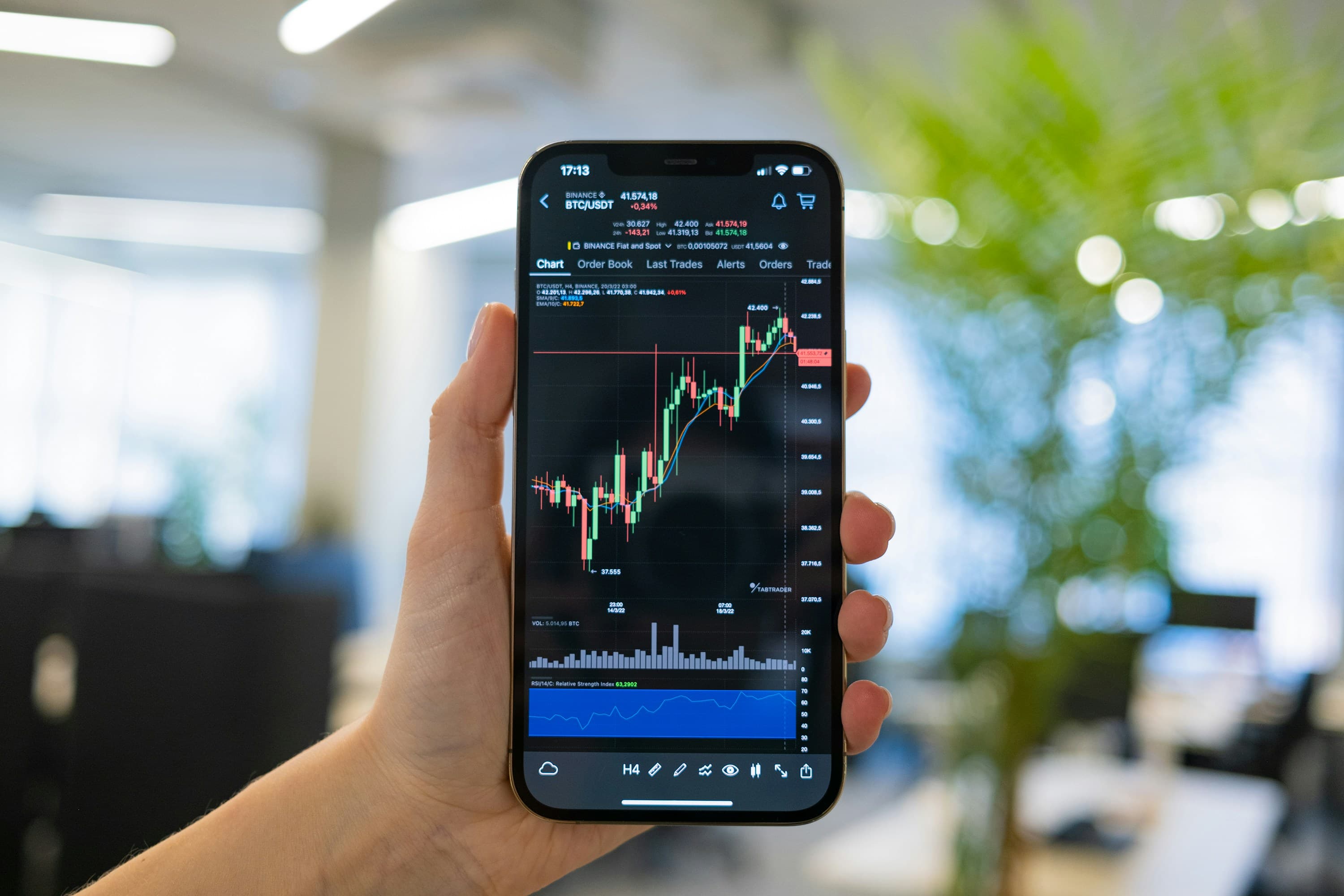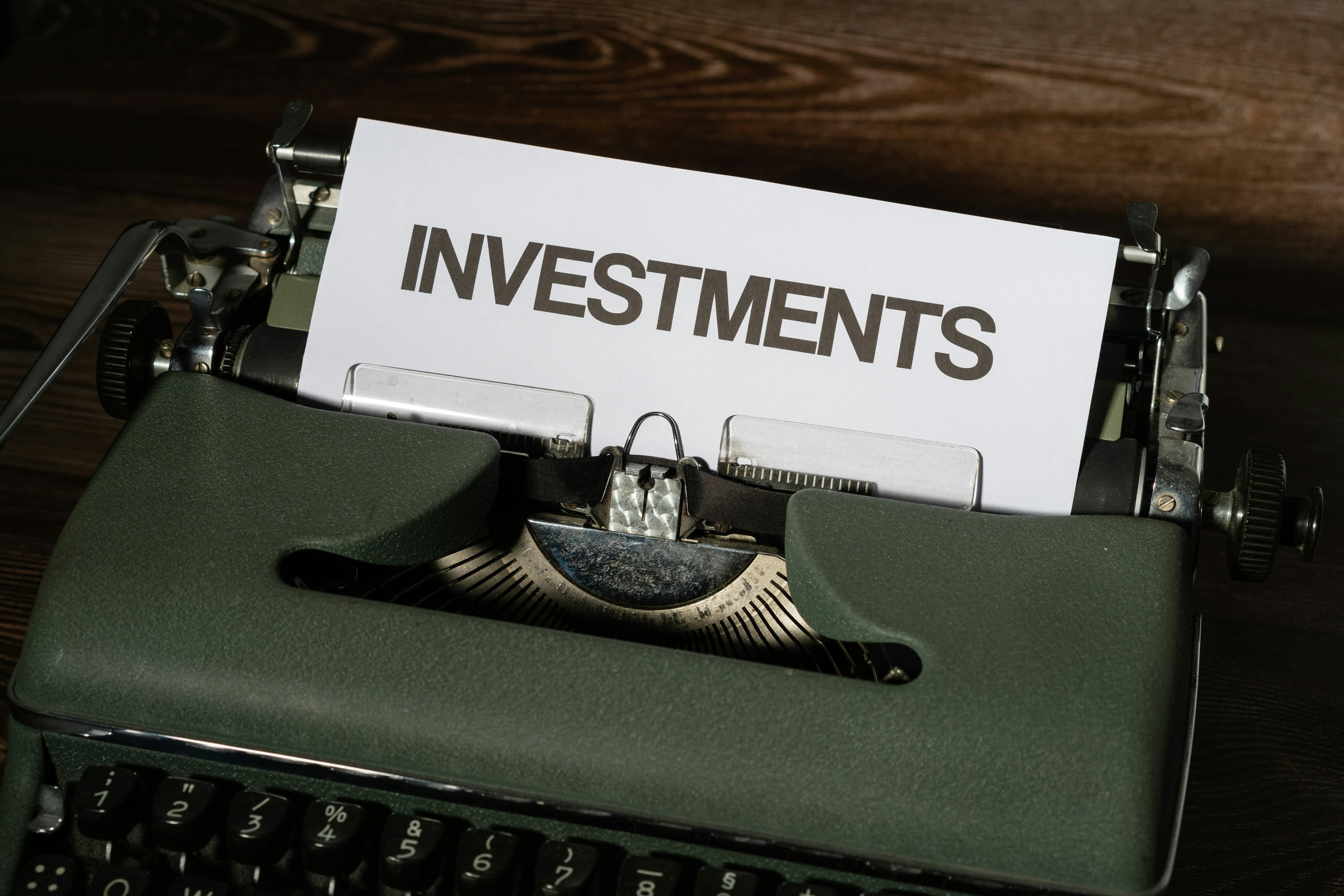Money Is a Tool. This Is How I Invest Mine.

After spending my career in behavioral finance, I’ve learned that how I invest my own money is either incredibly straightforward or deeply complex, depending on how you look at it. But my entire approach starts with a single idea: money is always a servant, never a master. For anyone wondering , I believe the first step is to ask a more fundamental question: why are you even saving in the first place?
For me, it’s about planning for future expenses. I want to know exactly what I’m saving for, whether it’s retirement, a home, or my daughter's education. My goal is to save enough to cover those things, plus a little extra for life’s curveballs.
Here’s a high-level look at how my assets are currently allocated:
- 75%
- 11%
- 6%
- 3%
- 2%
- 2%
- 1%
Let's break down what each of these means to me.
My Biggest Asset Is Me
At 40, with about 20 more years of work ahead of me, my greatest asset is still my earning power. Since I started working at 16, I've managed to increase my hourly wage nearly tenfold, and that’s a direct result of constantly reinvesting in myself.
After college, I worked for two years to save up for a master's program so I could graduate without debt. I’ve picked up multiple programming languages, learned about graphic design and user research, and gotten comfortable with databases. But it’s not just about technical skills. I’ve also invested in coaching to become a better communicator and presenter. When I write essays, I hire a professional editor whose feedback has made me a substantially better writer overall.
This constant learning has allowed me to deliver more value both inside and outside my company. It also redefined for me : it's not just about money, but about time, skills, and experiences. I also make a point to network with people in adjacent fields. I learn far more from someone with a different perspective than I do from talking to people who do the exact same thing as me.
Planning for the Future
My wife and I have a joint retirement plan with the goal of retiring around age 62. We know that’s probably a bit early—we both enjoy our creative jobs and don’t play golf—but we’d rather be conservative. Many people end up retiring earlier than planned with less money than they hoped for, and we want to be prepared.
Our retirement portfolio is a mix of 401(k)s, Roth IRAs, and some taxable accounts. Our strategy is aggressive, with a 90% allocation to stocks, because we have a long time horizon. I like having that 10% in bonds as a cushion when the market gets choppy. To be tax-smart, we use a strategy called asset location, which simply means we place different types of investments into different accounts to reduce our tax drag over the long run.
When it comes to , our philosophy is a bit unconventional. About 30% of our wealth is tied up in our home’s principal. We have a 30-year fixed mortgage and see it as "renting from the bank" in a tax-efficient way that gives us the freedom to do what we want with our space. I’ll be perfectly happy if we never make a positive financial return on our house.
We also recently purchased about 10 acres of land in upstate New York. We bought it with cash, so there’s no mortgage. We wanted our daughter to grow up comfortable with nature, not scared of bugs. We camp there, and we’re slowly adding things like an outdoor shower and a communal dining area. This form of isn't about profit; it's about creating memories and a place to relax.
Building a Financial Safety Net
One of the first things I did financially was build a large emergency fund. I never want to be in a position where I have to take a bad job out of desperation or let a medical bill derail my family’s future. The fund is about 80% bonds and 20% stocks, which I prefer over cash to help it keep pace with inflation over the long run.
We also have a plan for charitable giving, donating about 10% of our income each year. But we rarely give cash. Instead, we donate stock that has appreciated significantly. This is a powerful tax strategy: we get a deduction for the donation and completely avoid paying capital gains taxes on the shares. This lets us maximize our impact while minimizing our tax bill.
The Actual Investment Portfolio
So, where is all this money? This is the boring—and best—part. Nearly all of our investments are managed by Betterment in a low-cost, globally diversified portfolio of ETFs.
They handle everything: choosing the funds, rebalancing the portfolio, managing our contributions, and even handling tax-loss harvesting and asset location. I don’t have to do much of anything besides save. The actual portfolio management is the most hands-off part, which is a great lesson in : automation is your friend. My portfolio is a good model for because it's built on delegation. You could almost call this a , but my goal is to make it as passive as possible.
The only other piece is my company stock options, which I mentally value at $0 until they’re worth something. If they pay off, it’s a great problem to have. If not, that’s fine too.
Freedom from Your Investments
I’ve seen too many people become owned by their money. They spend their lives managing their possessions, and instead of finding freedom, they build a prison of anxiety around their wealth.
My approach is a reaction to that. Your money should be a wonderful servant but a terrible master. Managing your financial future is the most important you’ll ever have, but it shouldn't consume you. You should only care about money to the extent that it can bring joy or remove pain. Beyond that, it deserves as little of your attention as possible.








